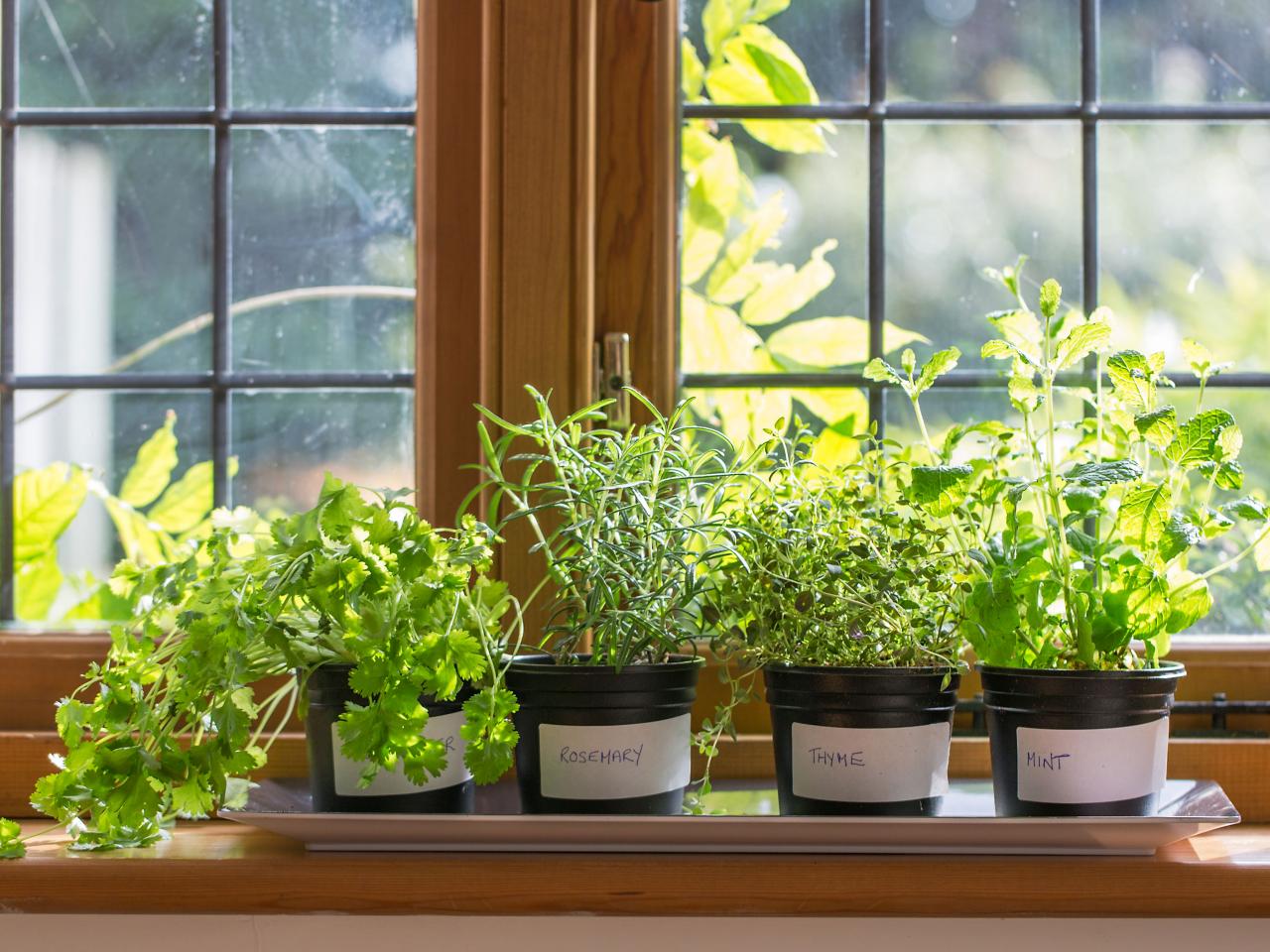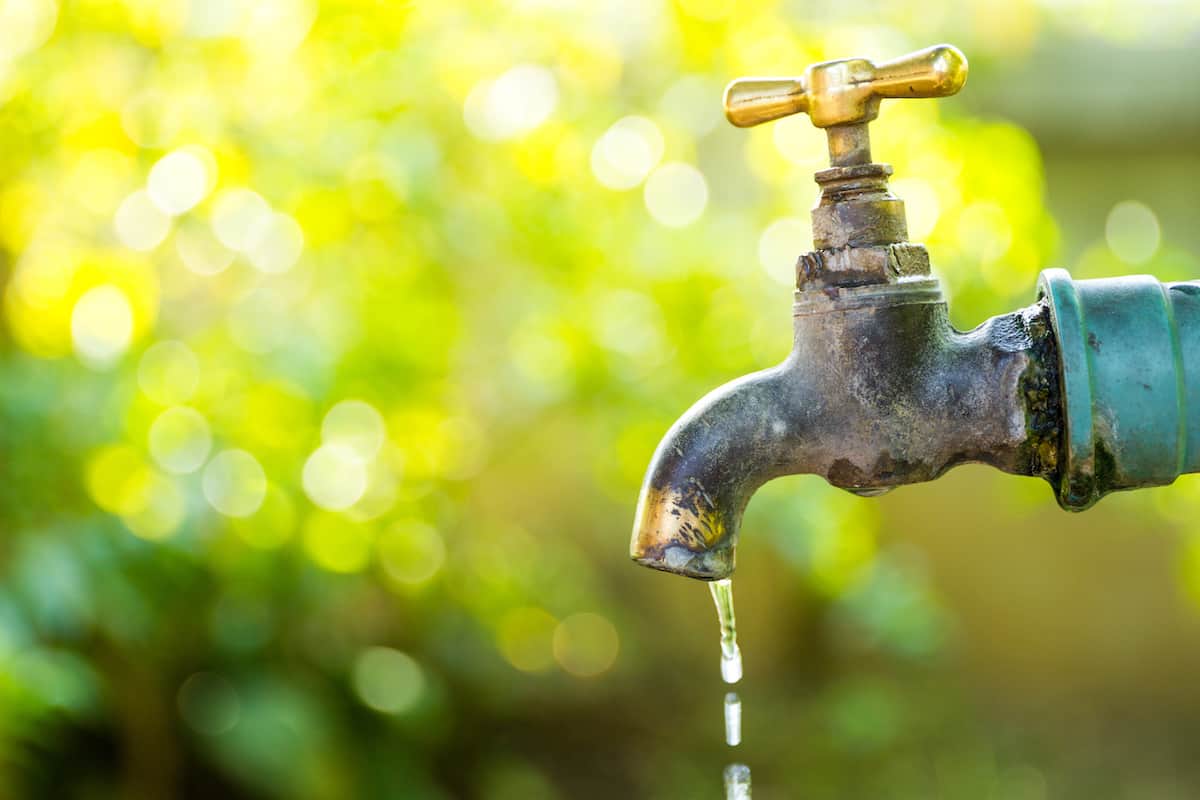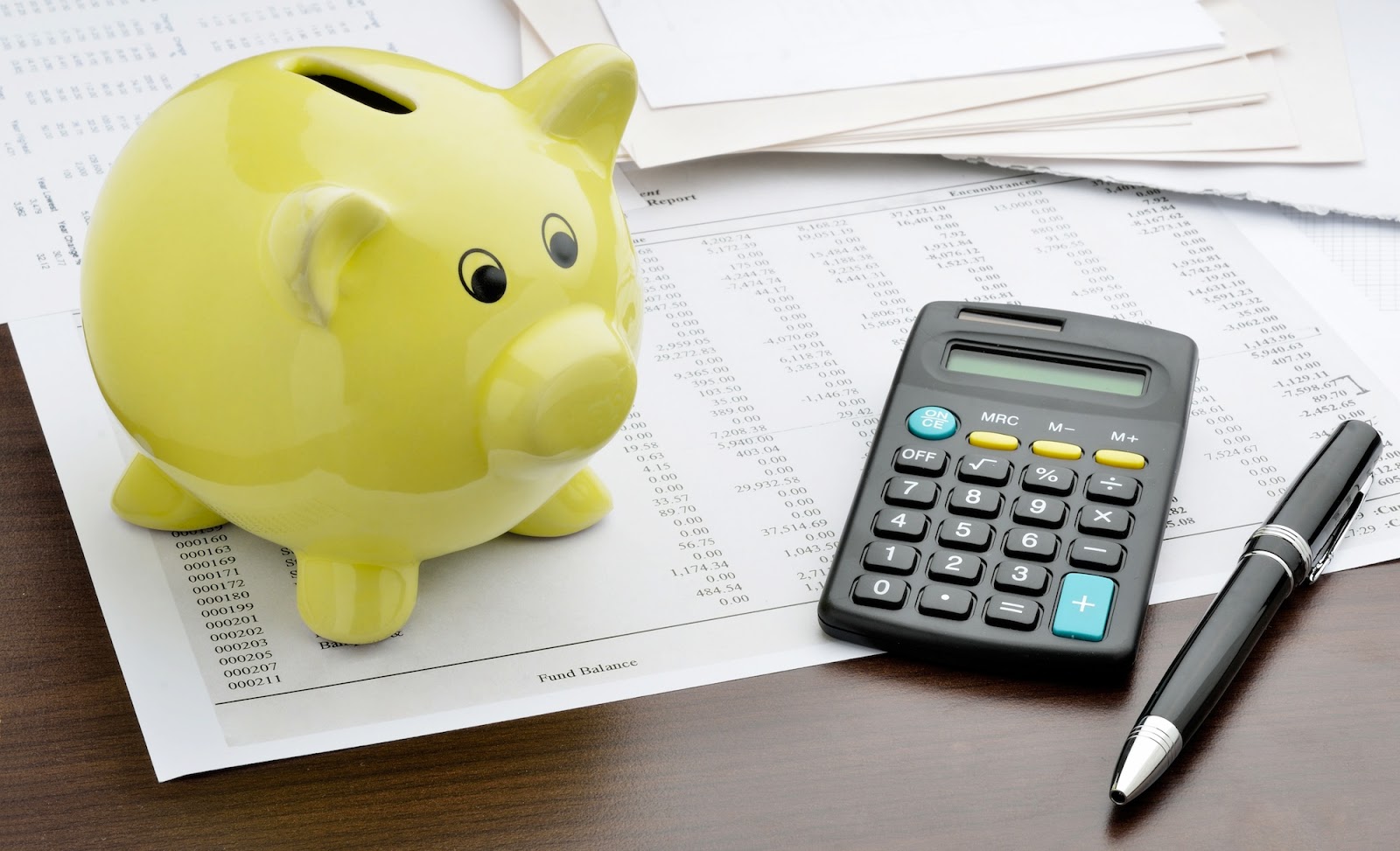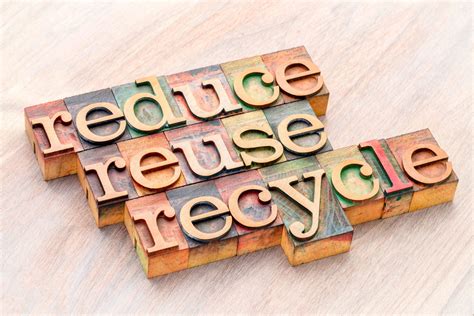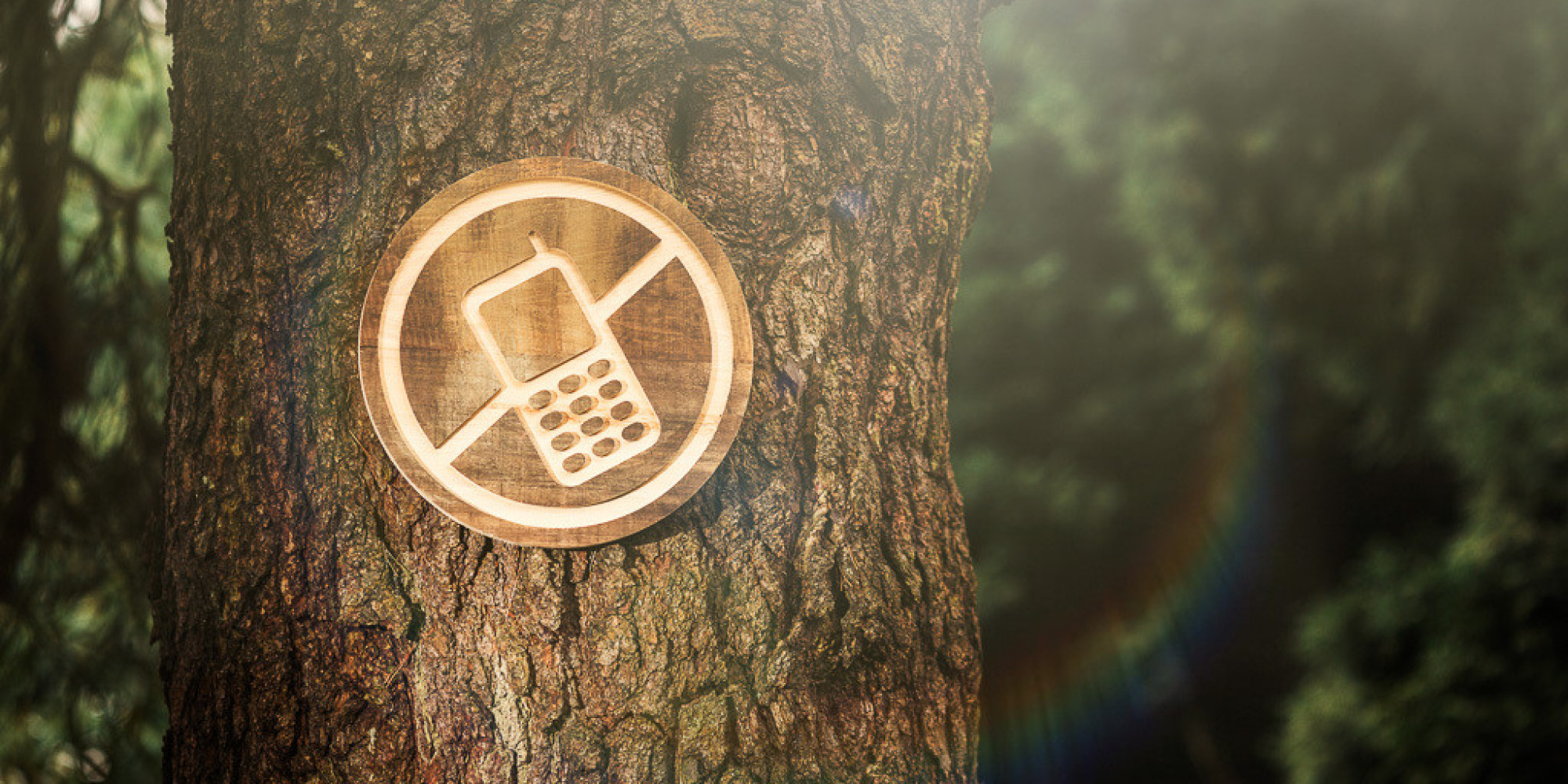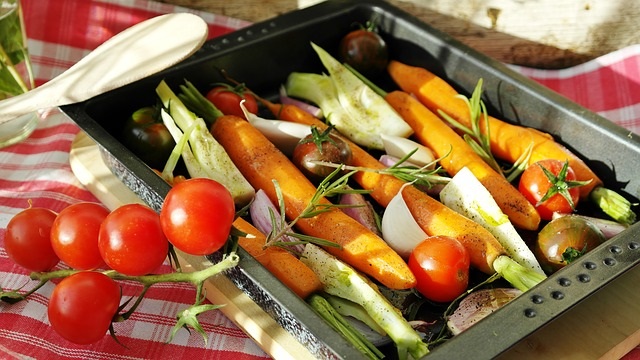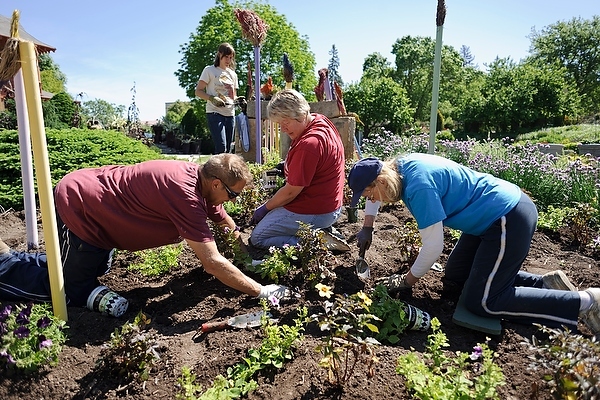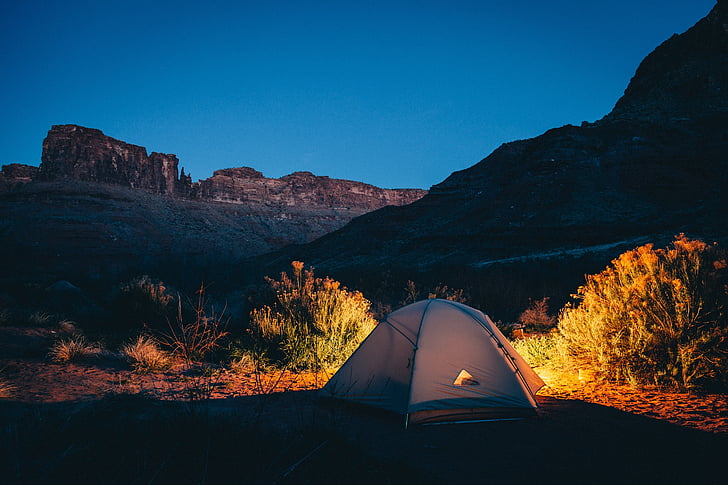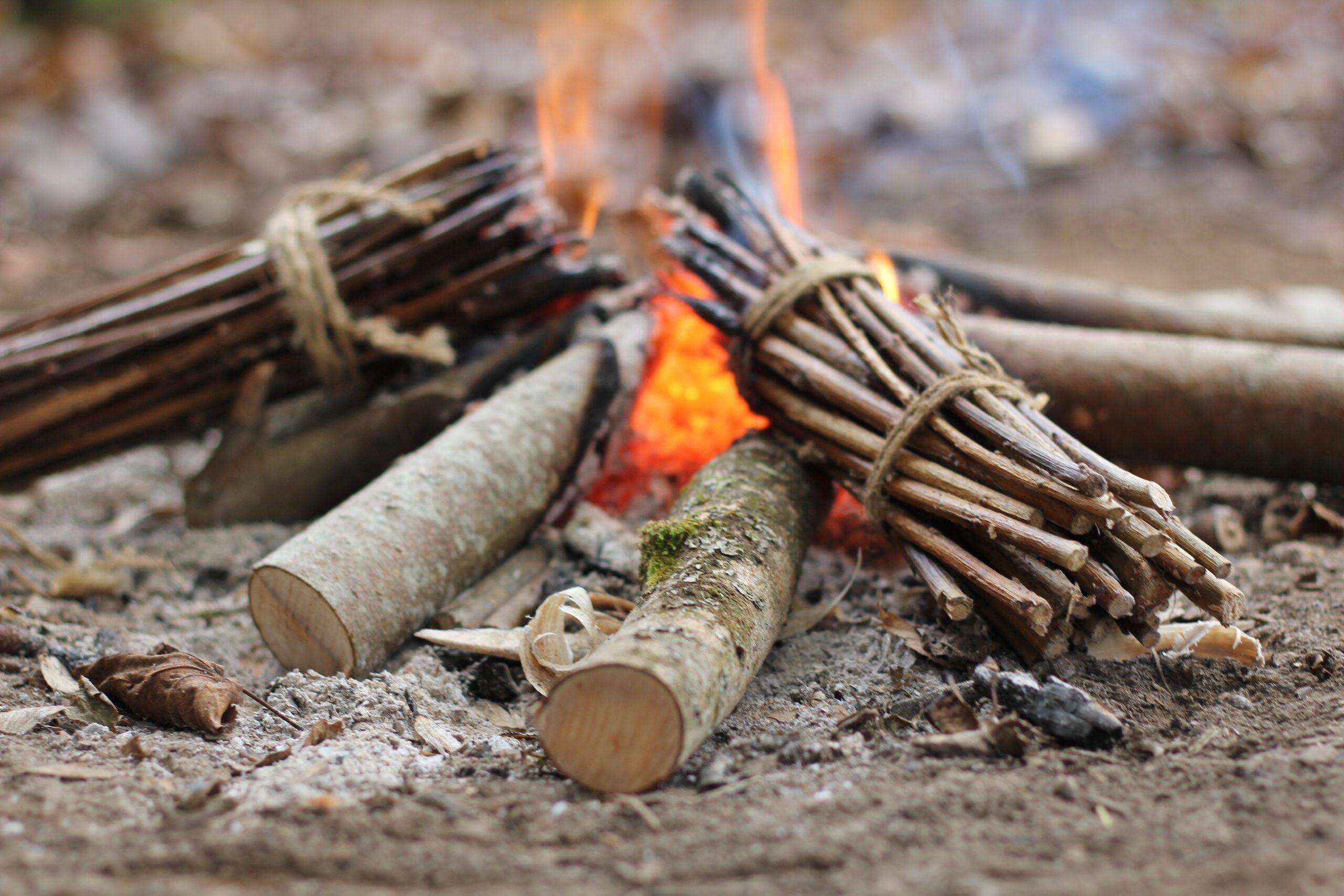If you’re considering off grid living but aren’t ready to make the full leap just yet, there are a heap of ways to dip your toes into the lifestyle and practice some of the essential skills beforehand to prepare.
Here are some of our suggestions to make the transition easier or to help decide if the off grid life may be you:
- Gardening: Start a small garden at your place. Even if it’s just a couple of plants on your windowsill (hint: herbs and lettuce are super easy to grow), getting the hang of growing your own greens is a cool and rewarding step toward off-grid living. Even if you don’t have a lot of space, local community garden plots can provide valuable experience and put you in contact and network with others who can pass on hints, tips and their experiences.

- Practice and learn with Renewable Energy: Where possible, experiment with some small-scale renewable energy solutions. This could involve setting up a solar panel to power a part of your home or while camping or to charge small electronic devices like your phone, tablet or rechargeable bluetooth speaker for example.
In Australia online stores like 4WD Supacentre offer entry level and cost effective solar panels, solar blankets, rechargeable solar lights and torches to get a taste of off-grid tech.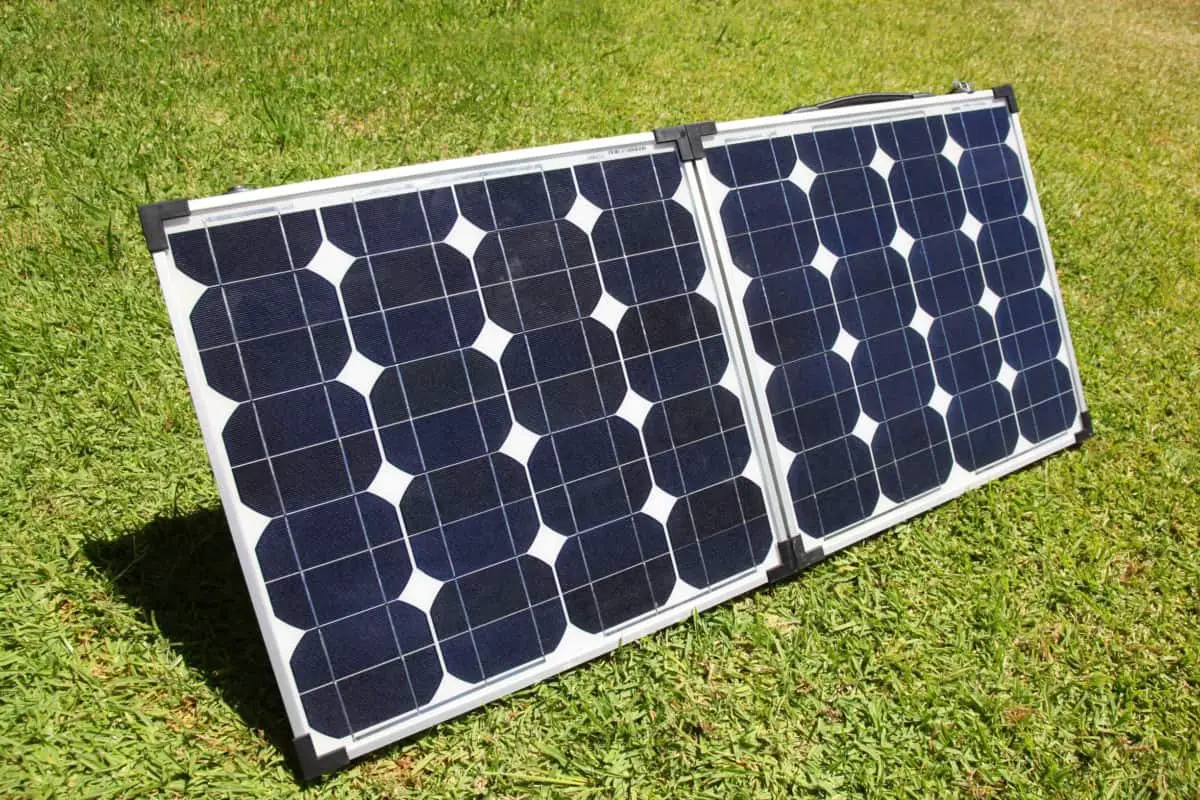
- Get water wise: Get savvy about saving water by fixing leaks, dripping taps, using water-saving gadgets and appliances, and being generally mindful of water use. Consider collecting rainwater for non-potable/non-drinking uses like filling the washing machine, washing the car and watering the garden.

- Financial Planning: Start saving and budgeting for the transition to off-grid living. Consider the upfront costs and ongoing expenses associated with renewable energy systems, water sources, and other necessary infrastructure like sheds and storage.
What areas can you reduce spending in your current lifestyle to divert into a ‘Going Off Grid’ savings account? Check our our guide here for Budget Basics of Off Grid Living to help you plan.
- Waste Reduction: Adopt a mindset of waste reduction and recycling. Learn about composting and how to minimize the waste you generate and figure out ways to cut down on your regular rubbish output. In many states in Australia there is a can and glass bottle refund scheme where by returning empty containers to recycling centres you can earn at least 10 cents per container. You can reduce your waste and also use this money to contribute to your Off Grid savings account. Win/Win!

- Try a regular digital detox: Take a breather from screens. Switch off your phone, limit your screen time, and enjoy a bit of downtime without access to the internet to experience a simpler lifestyle. Go camping, hiking or to a local park and just enjoy the quiet.
Re-evaulate and be conscious of the types of content and information you are consuming, is it helping you move towards your learning and planning of an off grid life?
- Cooking Skills: Practice cooking from scratch and learn to prepare basic meals without relying heavily on processed or pre-packaged foods. Consider outdoor cooking methods, such as using a campfire or portable stove.

- Networking: Connect with people who have already embraced the off-grid lifestyle. Look for gardening, permaculture and off grid groups and workshops in your local area or join one of the ever increasing number of online groups through Facebook, off grid online forums and You Tube, this way you can soak in other’s experiences and information without feeling overwhelmed.

- Camping trips: Take some time for camping trips in the bush or remote areas. This allows you to experience living with minimal amenities and develop basic outdoor survival skills. If you want to challenge yourself, camp in all types of weather – rain hail or shine!

- Learn Basic Survival Skills: Check out some survival skill classes for fun – many will teach you to build simple shelters, purify water without fancy gadgets, and start a fire with minimal gear. It’s like leveling up your outdoor skills and then you can practice these new skills on camping trips.

Remember that off-grid living requires a combination of skills and mindset, so taking small steps and gradually incorporating these practices into your life can help you gain valuable experience and better prepare you for a more self-sufficient lifestyle in the future.
We are all beginners at first, so enjoy the process, prepare to fail a bit while your learn new skills and have fun experimenting.
